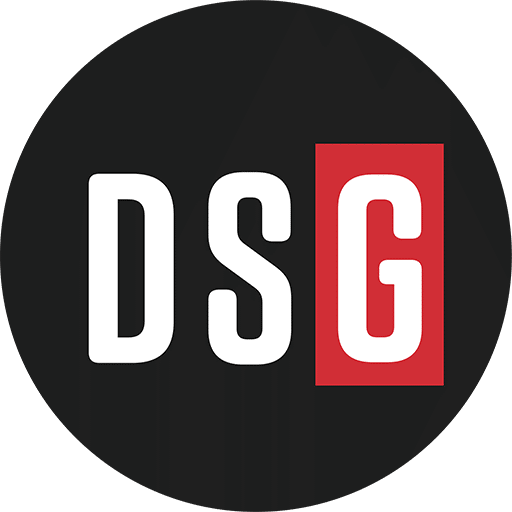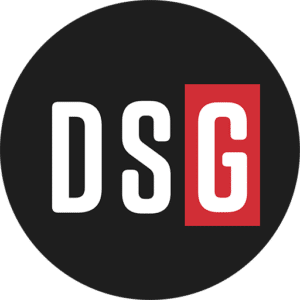LKQ Corp. posted lower second-quarter revenue but higher profit as the auto parts distributor pushed deeper into a restructuring aimed at cutting costs, streamlining operations, and focusing on core markets.
Revenue for the quarter slipped 1.9% to $3.64 billion from $3.71 billion a year earlier. Net income rose 3.8% to $193 million from $186 million.
For the first half of 2025, revenue totaled $7.08 billion, down 1.6% from $7.20 billion. Net income increased 2.5% to $362 million from $353 million.
Chief Executive Justin Jude, marking his first year in the role, told analysts the company is in a “multiyear transformation to simplify our portfolio, sharpen our focus and position us as a high-performing company centered on our core business segments.” LKQ plans to cut another $75 million in expenses—on top of $125 million already removed—in its European and North American operations and is reviewing business units for divestitures.
In North America, organic revenue fell 2.2% on a per-day basis but outpaced repairable auto claims by more than 650 basis points. The aftermarket collision parts segment recorded slight growth. In Europe, organic revenue dropped 4.9% amid weak demand, competitive pricing, and what Jude described as “unintentionally created negative customer experiences” that hurt sales. He said that service issues have been resolved, aided by leadership changes affecting more than a quarter of vice president roles.
The company has eliminated 13,000 SKUs in Europe this year to reduce product complexity and is expanding its salvage business there through a partnership with SYNETIQ Ltd. Specialty segment revenue was flat, the best performance since late 2021, while the self-service parts business saw lower volumes but maintained a 10% EBITDA margin through tighter purchasing and cost controls.
The company cut its full-year 2025 forecast, now expecting parts and services organic revenue to decline 3.5% to 1.5%, versus earlier guidance of flat to 2% growth.
“We have made some tough but necessary decisions to fundamentally reshape how we operate and put us back on the path toward consistent value creation,” he told analysts on a recent earnings call. “We need to set ourselves up for success and be able to deliver on what we say we are going to do. We are implementing our strategic plan, and we are holding ourselves accountable to deliver that plan.”
Don’t miss any content from Distribution Strategy Group. Join our list.


